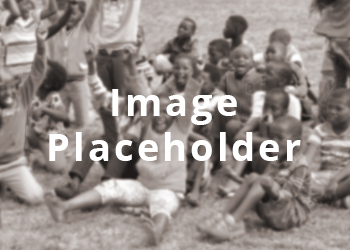Slovenia
Making a small difference for people with cerebral palsy
“We are different. We move differently. We communicate differently. We see the world from a different perspective. Our day-to-day experience is so profoundly different that others do not just struggle to understand us, they struggle to understand what it is like to be us”- Cerebral Palsy Manifesto.
Aspen Slovenia decided to support the medical therapeutic colony for children and adolescents with cerebral palsy at Debeli Rtič. They aim to encourage the emancipation of children, assist with their development and working in groups, recreation and different therapies.
Three employees from Aspen Slovenia demonstrated incredible care by hosting a wonderful day for these children and adolescents with special needs. They spent a day in their company, spoilt them with pancakes and enjoyed swimming together, and through this experience, Tina, Kristina and Tina were reminded that we all share a similar need for inclusion, acceptance and appreciation. Through small steps they hope to continue to make a difference for people living with cerebral palsy.
About cerebral palsy:
This is the term used for a range of movement difficulties which are caused when the parts of the brain which control such movements do not work properly. It is the commonest cause of significant physical impairment in children and there is no known cure. Globally over 17 million people have cerebral palsy and is the most common physical disability in childhood and is also one of the least understood. 1 in 500 babies is diagnosed with cerebral palsy, 1 in 3 cannot walk, 1 in 5 cannot talk, 1 in 10 has a severe vision impairment, 1 in 2 live in chronic pain. Many people with disabilities unnecessarily experience life quite differently. They may not have a “sense of presence” in the community and may not have access to activities they prefer or desire. People lack opportunities to work, play, learn and develop social relationships with others (particularly with people who do not have a disability). People with disabilities are often not acknowledged in the community, or if they are, it may be in a negative way. Too often, people do not have close friends with whom they can share their desires, time and lives.
What can be done?
There are many possible pathways to inclusion. The good news is that we are getting better as a society in opening up workplaces to people with disabilities. While there are still many barriers to employment, forward thinking workplaces are slowly recognizing the real contributions that people with disabilities can make. Recreation holds particular promise for achieving true inclusion because of the meaningful connections that recreation can facilitate.




